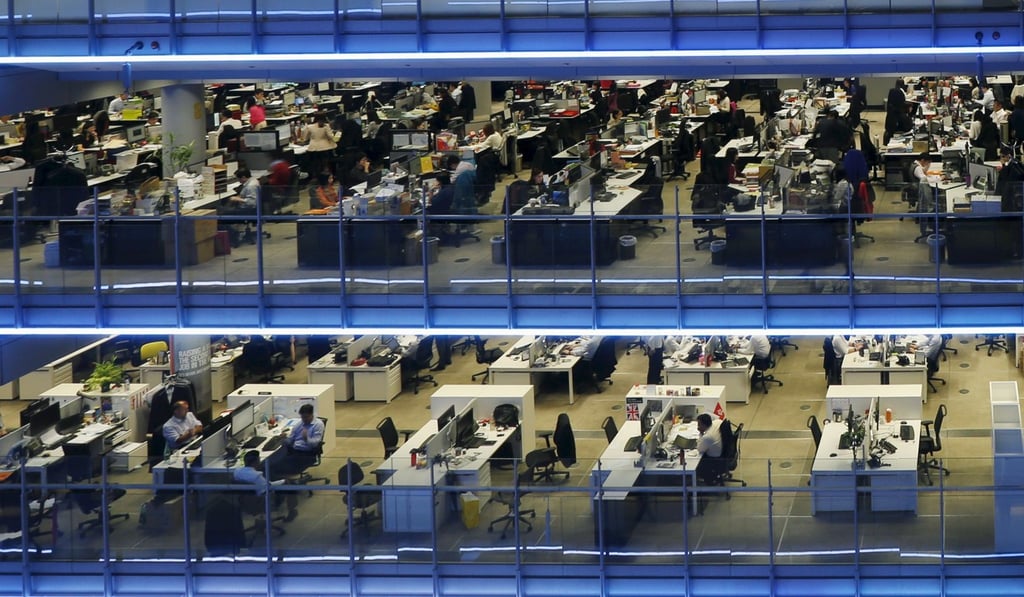Will Hong Kong’s problem with long working hours ever come to an end?
Unionist politicians say the government has been slow in tackling the issue to maintain the competitive business environment including low labour costs. But they warn that the price to pay for a thriving economy is people’s health

Event manager Samantha Chan was forced to work 36 hours straight at one point without a proper rest – quite a feat even in a city such as Hong Kong where employees put in some of the longest hours in the world.
“Life is all about work,” Chan, 26, says. “Even if we’re out of the office, we’re still thinking about what is not being done and that clients might still be looking for us.”
Hong Kong’s problem with long hours – which put workers’ both mental and physical health at risk – has persisted for years, with tens of thousands of people working 75 hours a week, according to government figures.

But it remains unknown exactly how the culture of overwork might lead to the death of employees, and the government has yet to define the term “sudden death from overexertion”. There is also no official data on such cases.
Lawmakers from across the political divide, however, say the government has done little to improve labour welfare, especially on standard working hours which have yet to be regulated.